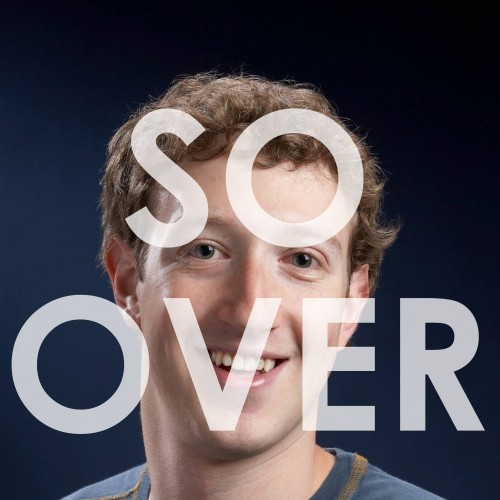“Well, you saw what I posted on Facebook, right?”
I don’t know about you, but when I get this question from a friend, my answer is usually “no.” No, I don’t see everything my friends post on Facebook—not even the 25 or so people I make a regular effort to keep up with on Facebook, and not even the subset of friends I count as family. I don’t see everything most of my friends tweet, either; in fact, “update Twitter lists” has been hovering in the middle of my to-do list for the better part of a year. And even after I update those lists, I probably still won’t be able to keep up with everything every friend says on Twitter, either.







